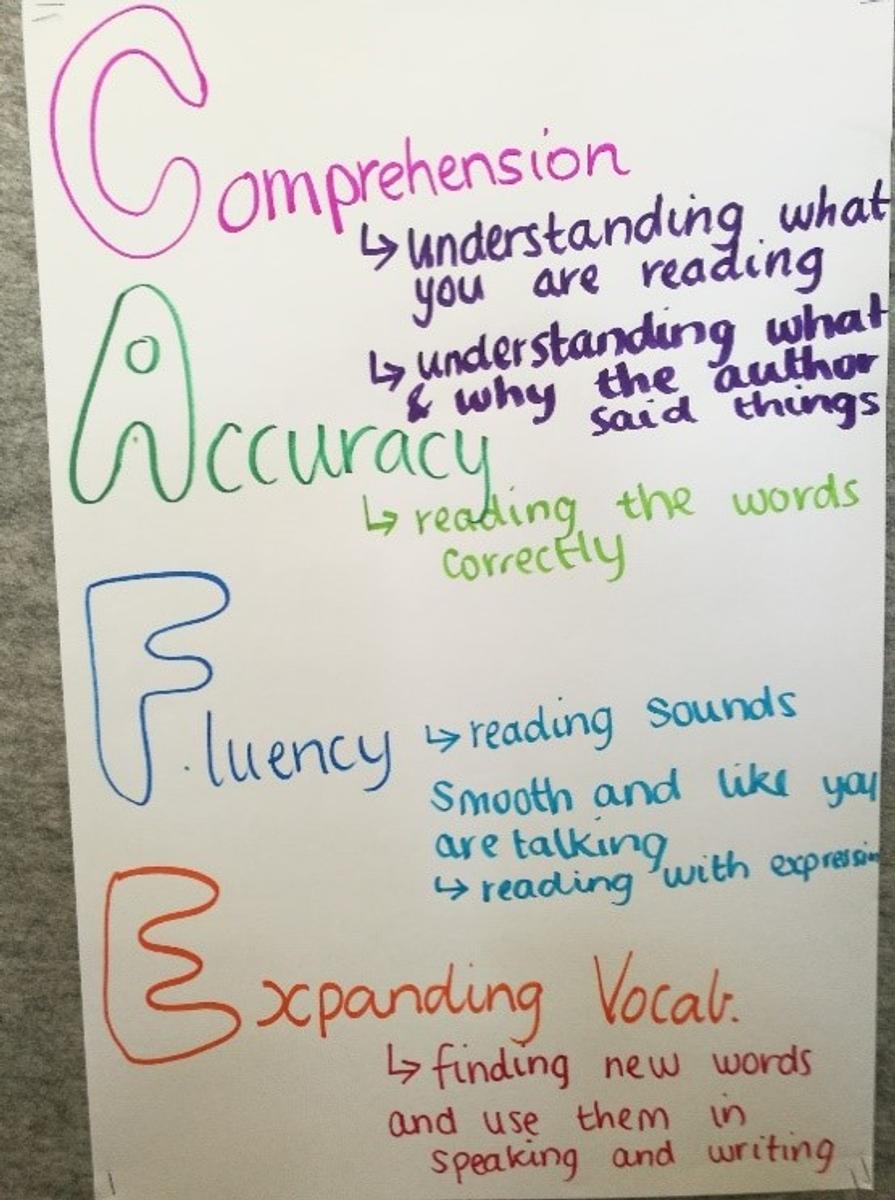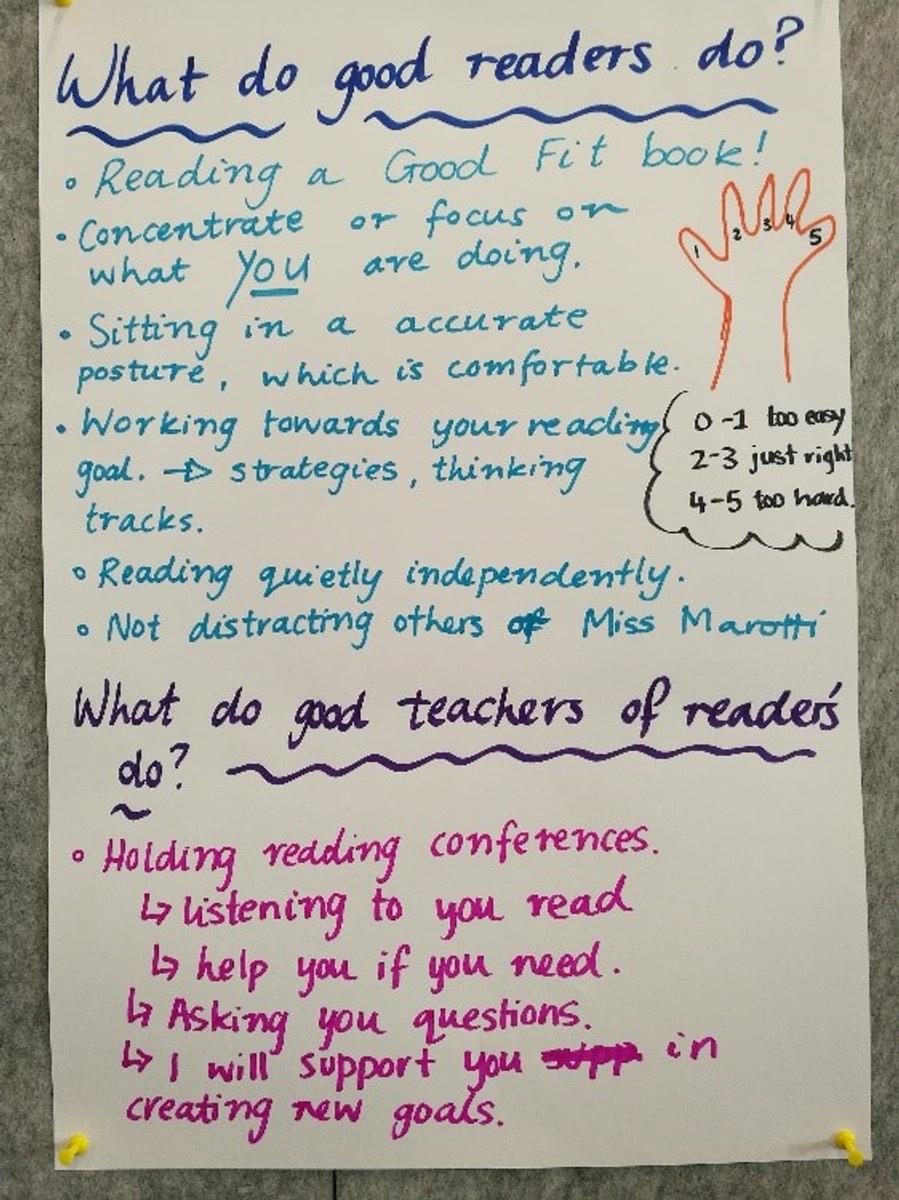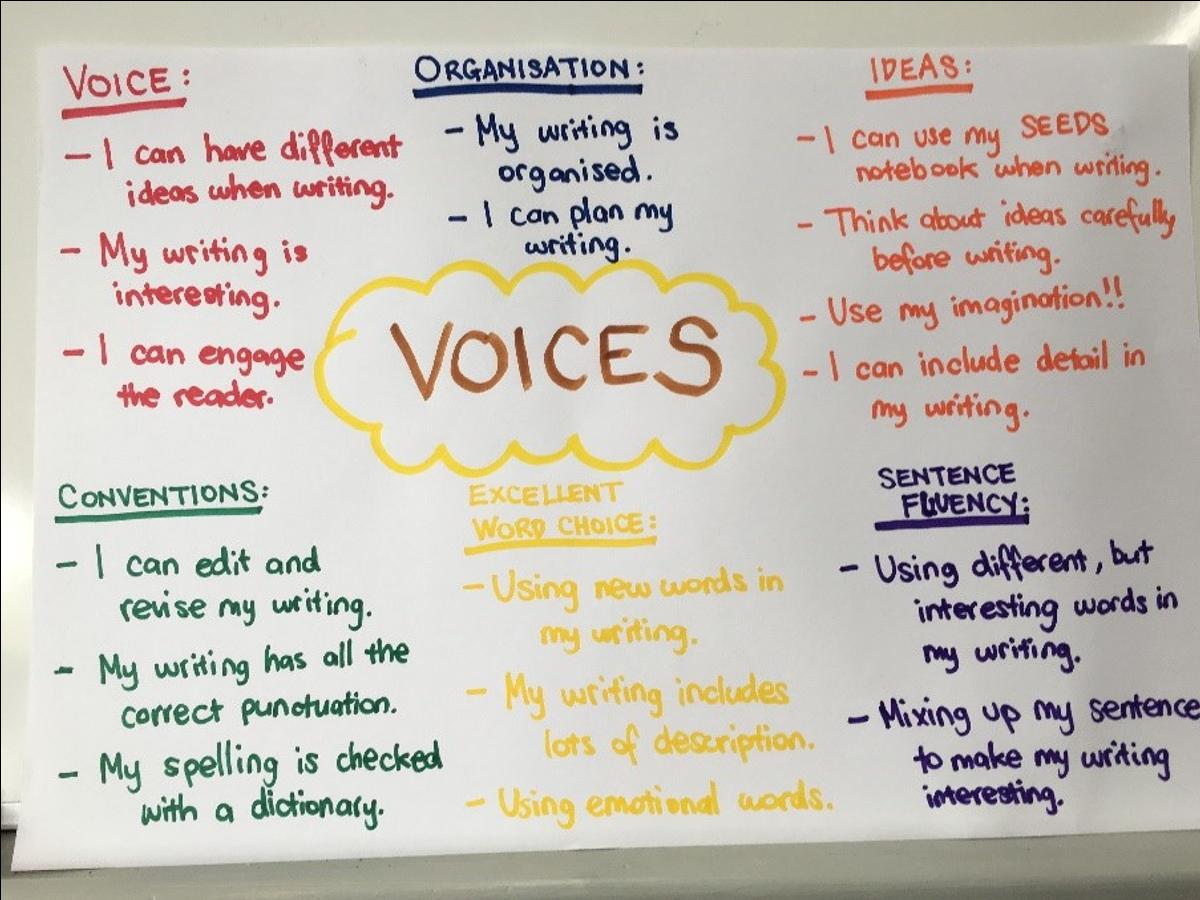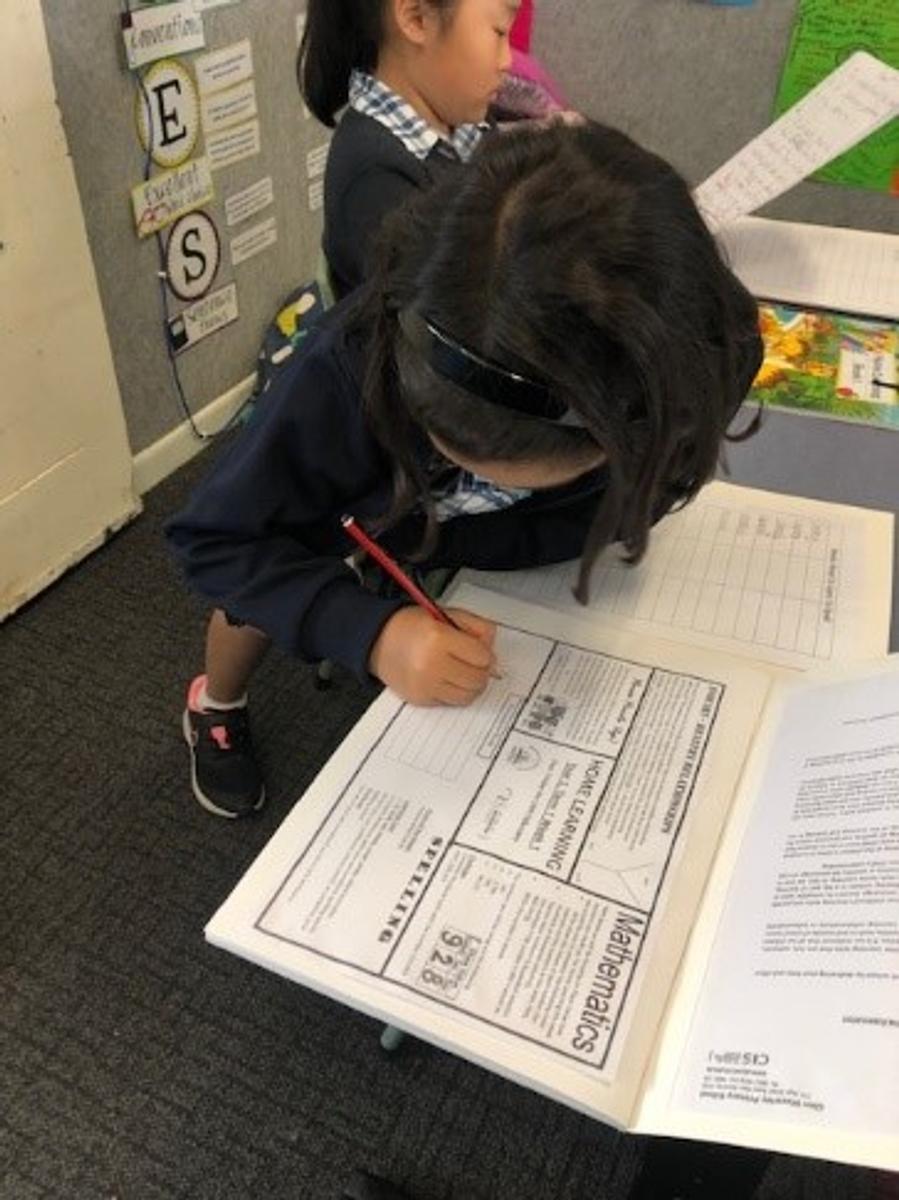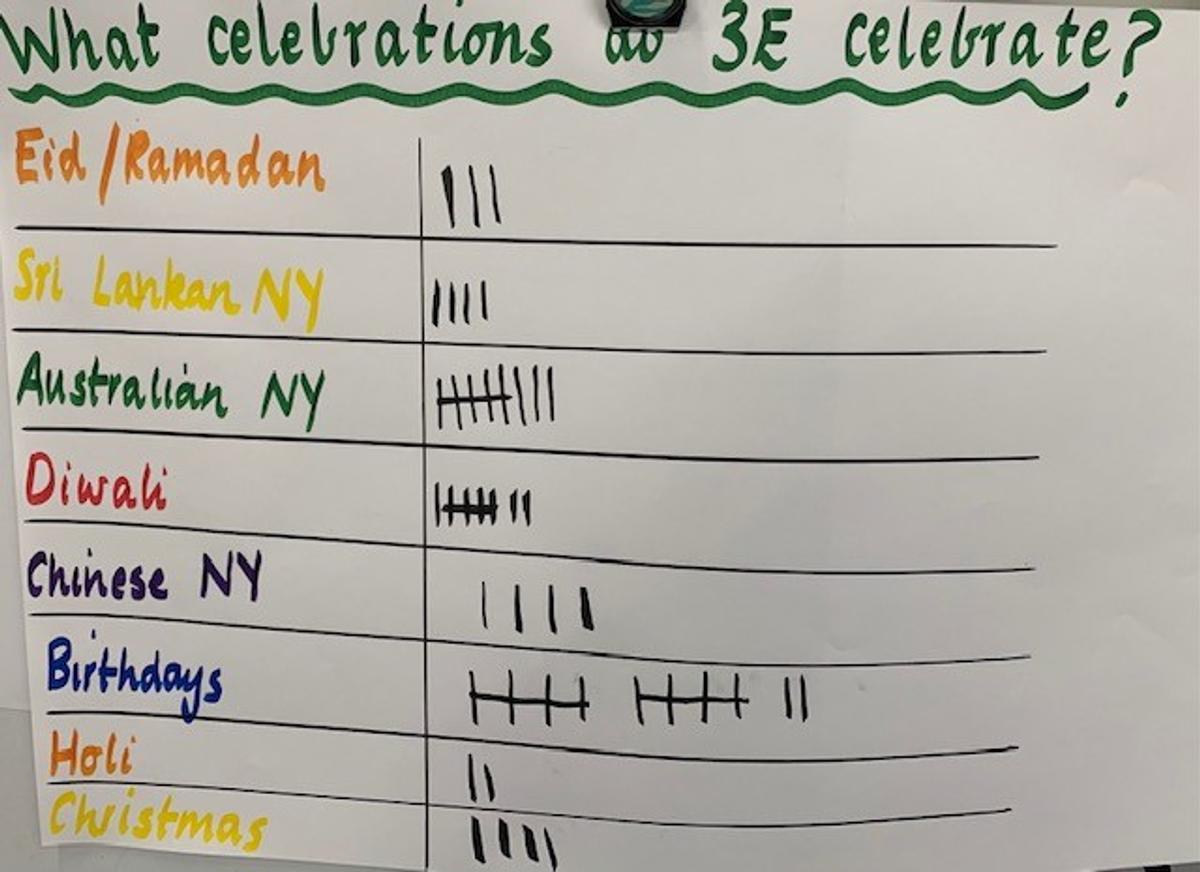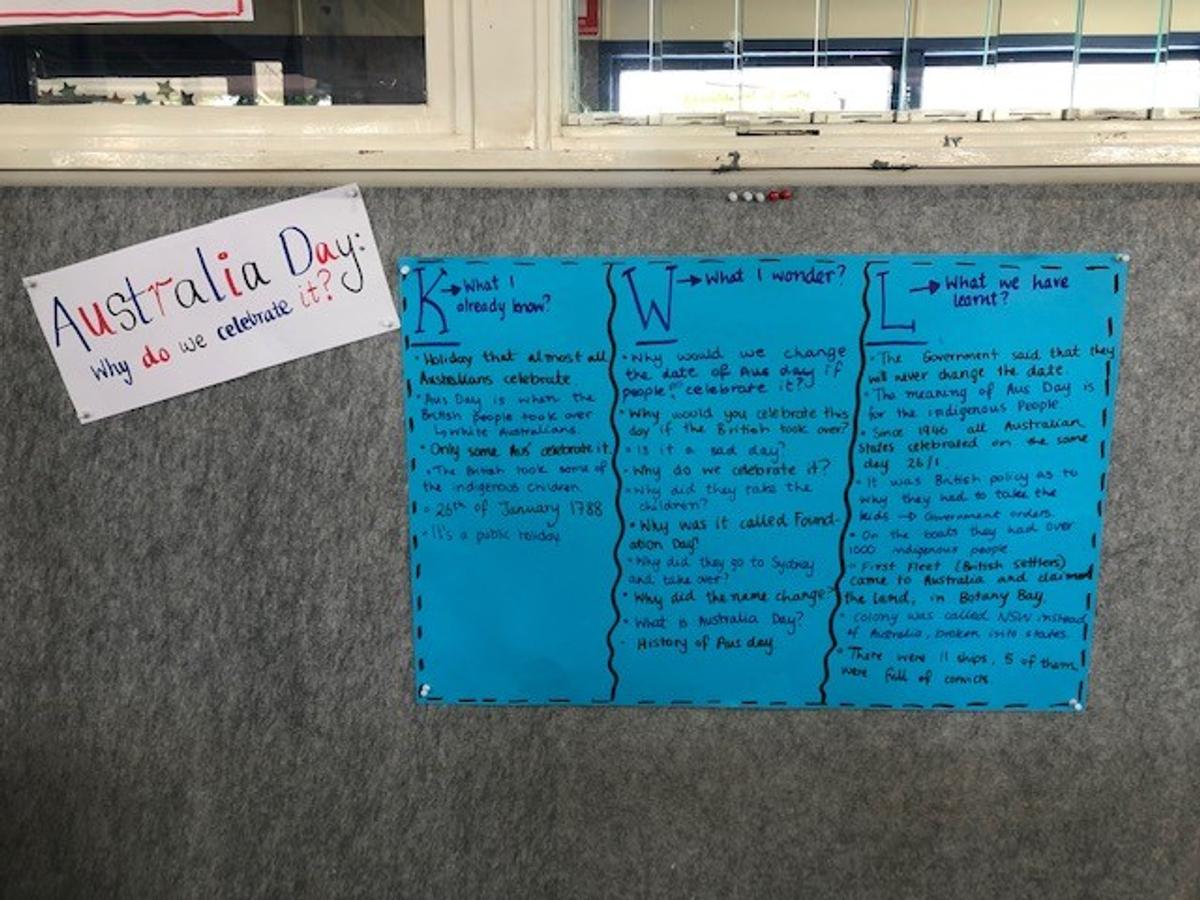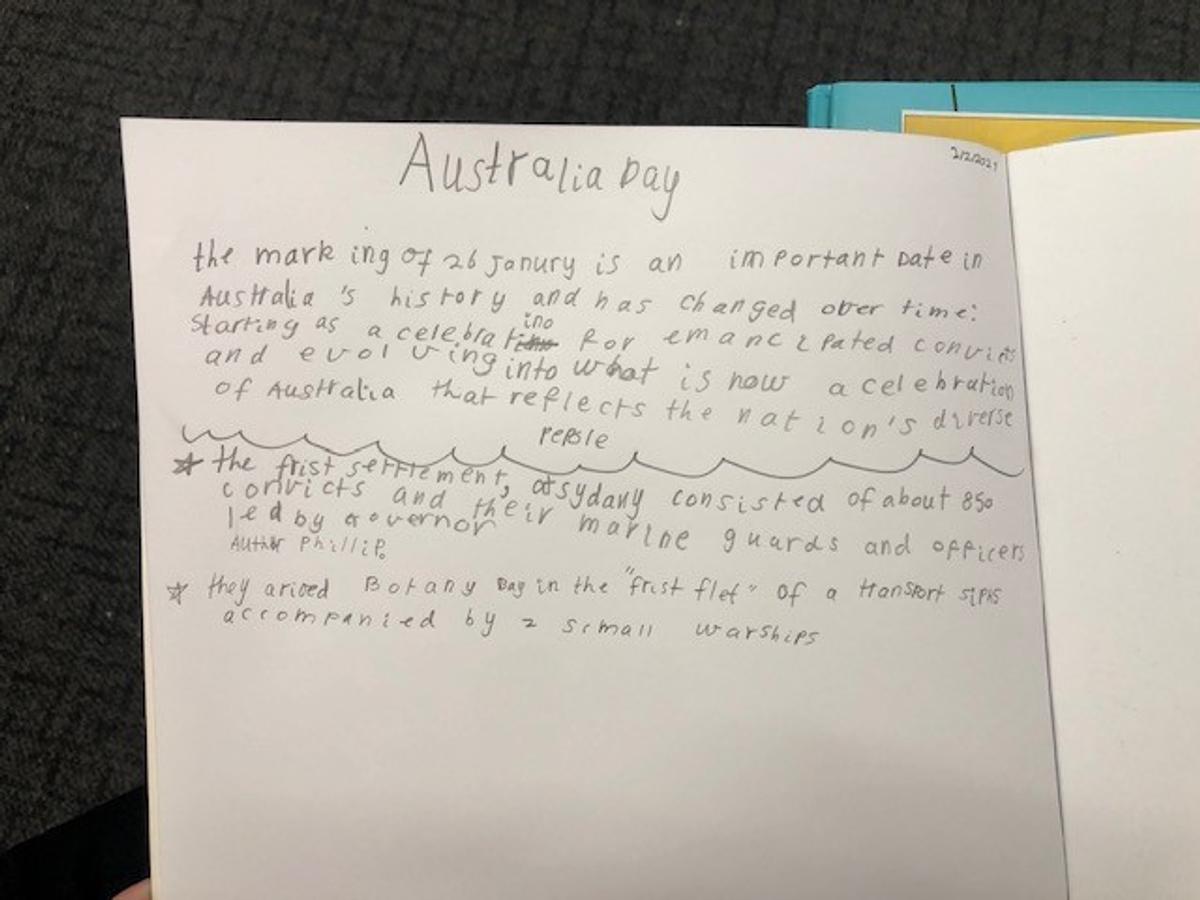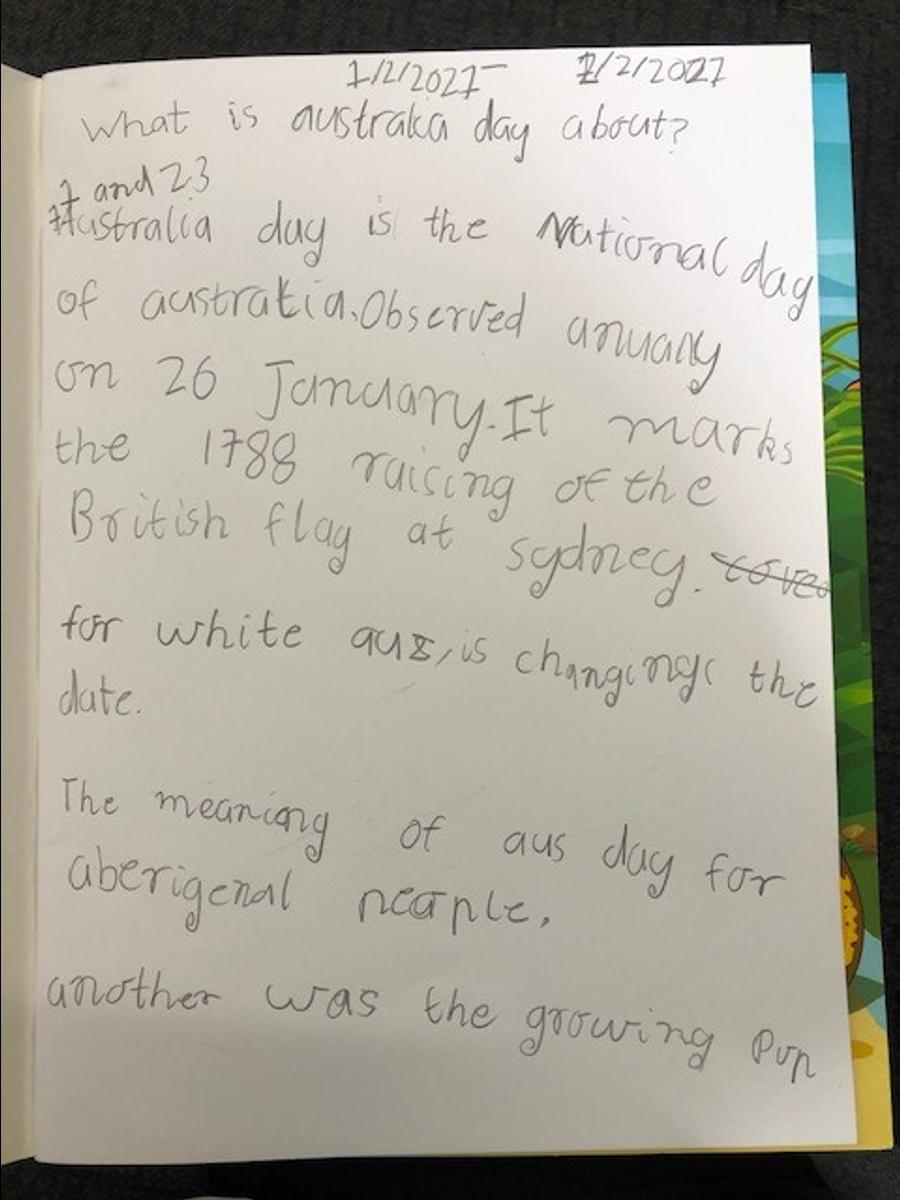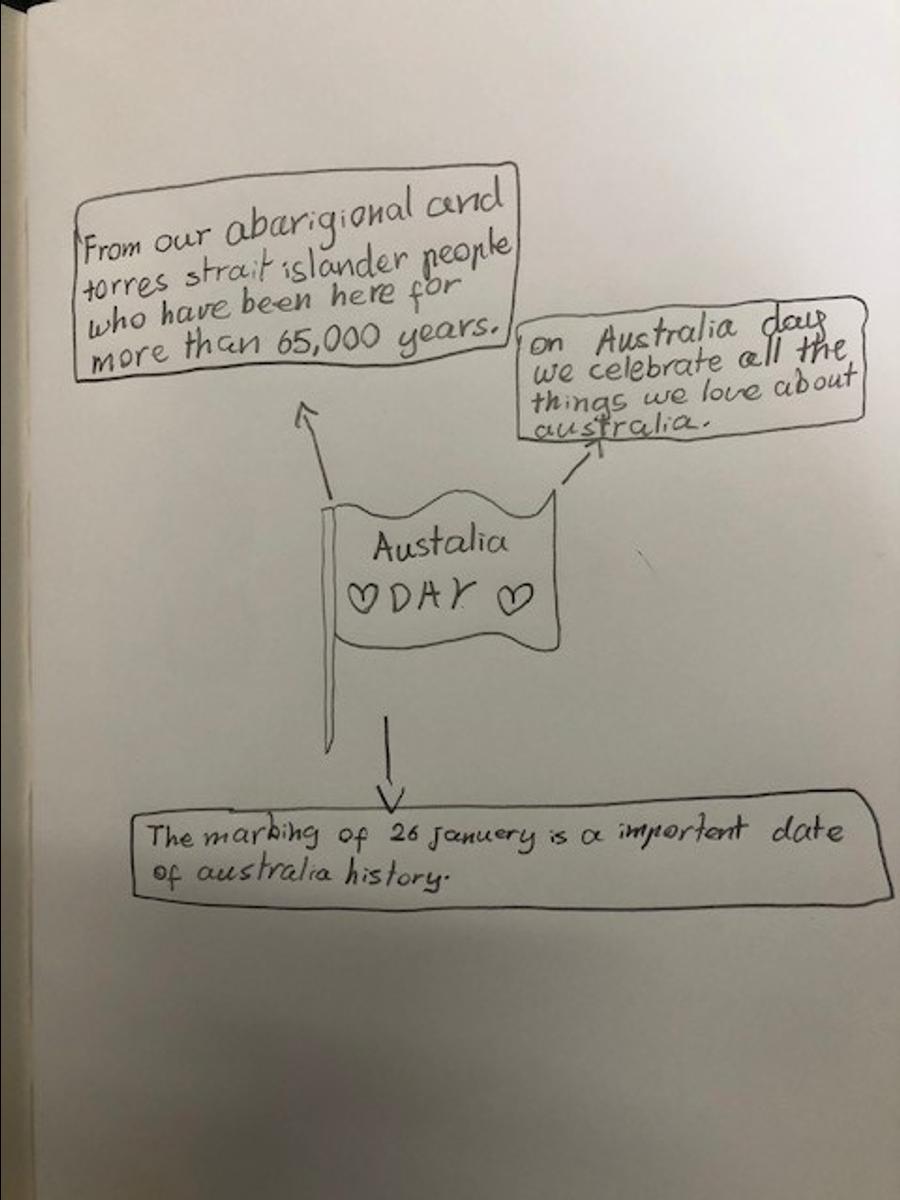Level 3 - Term 1 2021

Reading:
In Term One, through the explicit teaching of CAFÉ, the students will be focusing on comprehension strategies such as use prior knowledge to predict and connect with text, recognising literacy elements (genre, plot, character, setting, problem/resolution and theme) and language features in texts. Students will also be expanding their vocabulary by analysing figurative language in the mentor texts such as unpacking the Australian slang.
Speaking and listening:
Every opportunity will be given for the students to improve their speaking and listening skills through presentations of their learning, group discussions, Maths Talks and circle time when each student contributes to a particular topic being reflected upon. Also through oral presentations of Home Learning and other topics the students will be required to prepare a talk to present to the class.
Writing:
In Term One, the students will learn about Narratives and Persuasive Texts, by developing a deeper understanding of the structure of both writing genres through the explicit teaching of VOICES. Throughout the first few weeks of term, we are focusing on Narratives, where we will look at a range of sizzling starters, tightening tensions, dynamic dialogue, as well as including Australian slang in our writing.
During the second half of Term One, students will be focusing on Persuasive Texts. While focusing on the structure and the paragraphs needed in a Persuasive Text, we will also be exploring rhetorical questions and emotive language. we will also focus on descriptive language, utilising our five senses, in order to create pieces that hook our reader’s attention through emotions.
Spelling:
As part of the Whole School Approach to Spelling, Level Three students will be encouraged to continuously expand their vocabulary through the Spelling Inquiry Model. A typical Spelling Inquiry session will see students exploring the meaning and the origin of their personalised word as well as develop a rich understanding of other important elements relevant to their spelling words. They will also build their knowledge on the structure of words, such as prefixes, suffixes and base words. As a class, we will investigate specific letter pattern, explore generalisation and exceptions. Students will choose words from this list that are ‘good fit’ for them and learn to spell and use them correctly in their writing.
Mathematics:
In Term One, the Level three learners will continue to extend their understanding of the four proficiencies of Mathematics; Problem Solving, Understanding, Reasoning and Fluency and how to apply these strategies within their learning. In our first topic, learners will begin exploring the concept of Place Value in order to deepen their understanding of the value of a number. The concept of Place value is essential for mathematical learning and acts as the foundation for many other strands of Mathematics. In addition and subtraction, the learners will make connections between the two and develop increasingly efficient mental strategies to solve problems. This term, students will investigate multiple strategies to solve problems focusing on developing their understanding and reasoning.
Inquiry Curriculum:
In Term One, the students have already shown enthusiasm in our new Inquiry question, ‘How do we respect significant events from the past to pave the way for the future’? Within this unit students will be investigating the history and different perspectives of some of Australian’s powerful and meaningful events such as Australia day and NAIDOC week. Through these celebrations or commemorations, the learners will delve into the meaning behind why they are significant, the symbolism of them and what they mean to different cultures such as the Australian culture and the Indigenous culture. Through a variety of learning experiences, the students will make connections to our Global Goal of ‘Reduced Inequalities’. This will assist the students transfer of learning by allowing them to acknowledge how the Indigenous culture perceive certain events and why their ideas differ from Australian culture.
Thanking you for your ongoing support and assistance and looking forward to a productive Term One.
Kind Regards,
Christine Marotti, Alana Essa, Cath Chen, Peter Shen and Gemma Simmons

